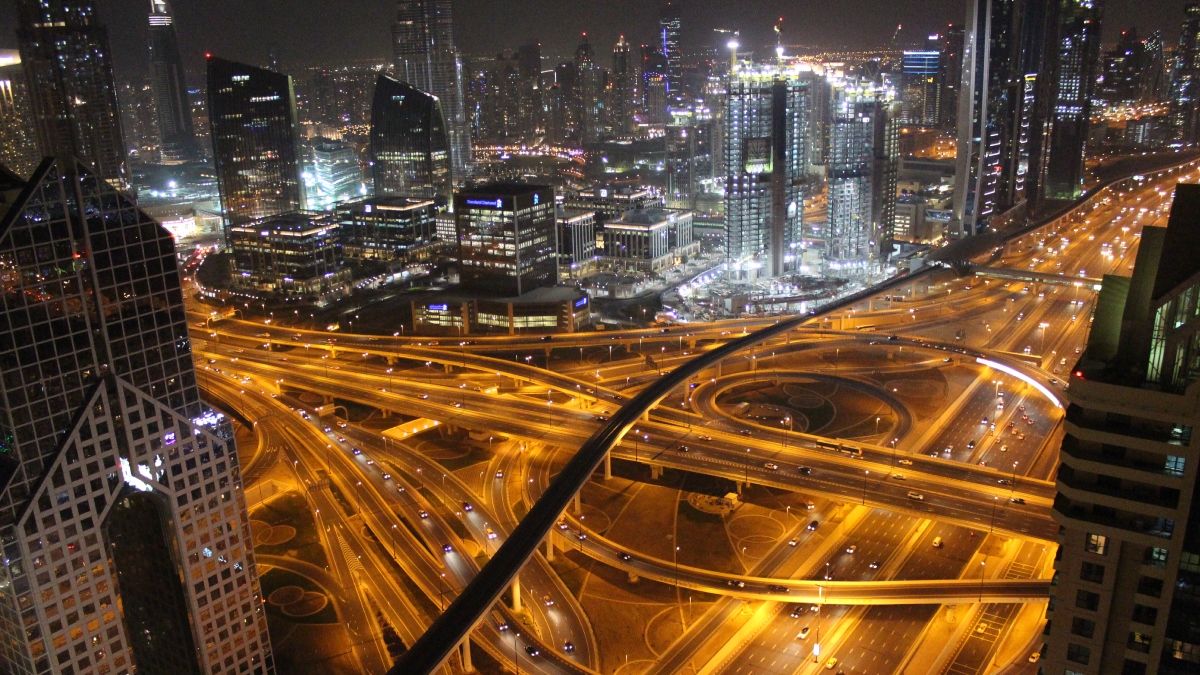The United Arab Emirates (UAE) enjoyed a buoyant fiscal outlook in 2022, registering a significant fiscal surplus spurred by a 31.8% increase in revenues, according to data released by the Ministry of Finance.
This surge is attributed to high oil prices, burgeoning tax revenues, and robust growth across most primary sectors of the economy.
The efficient digitization and streamlining of tax processes played a crucial role, aiding in a more proficient tax collection system.
Notably, these improvements were underscored by intensified tax awareness initiatives undertaken throughout the year.
Sheikh Maktoum bin Mohammed bin Rashid Al Maktoum, First Deputy Ruler of Dubai and Deputy Prime Minister and Minister of Finance of the UAE, emphasized the government’s commitment to implementing innovative fiscal strategies to foster a resilient economic shield against global financial volatilities.
Underpinning this fiscal health was a remarkable economic growth of 7.9%, elevating the UAE’s GDP to a notable Dh1.86 trillion at current prices, reflecting an increment of over Dh337 billion from 2021.
Sheikh Hamdan credited progressive fiscal policies for fostering this economic prosperity and solidifying UAE’s standing as 2022’s fastest-growing economy.
The Russia-Ukraine conflict in the preceding year had an inadvertent positive impact on the UAE economy as it drove crude prices to a multi-year pinnacle, supplementing the government’s revenues considerably.
Alongside, the state witnessed an enhancement in other revenue streams, including a Dh19.33 billion increase in 2022, and a rise in social contributions to Dh14.92 billion from Dh13.55 billion in 2021.
Moreover, a 94.5% surge in non-financial asset acquisition highlighted the nation’s endeavors towards achieving revenue diversification, thereby reducing the economic dependency on oil and mitigating risks from price fluctuations.
Despite the uptick in revenues, the UAE government maintained a circumspect approach to expenditure, which saw a 6.1% increase, amounting to Dh427.12 billion.
This restrained expenditure focused on strategic investments and pivotal projects, promoting stability and fiscal prudence.
Mohamed bin Hadi Al Hussaini, Minister of State for Financial Affairs, delineated the government’s balanced fiscal agenda.
It envisions fostering a diversified local economy, augmenting non-oil revenues, and introducing reforms to bolster the business milieu while drawing substantial foreign investments.






